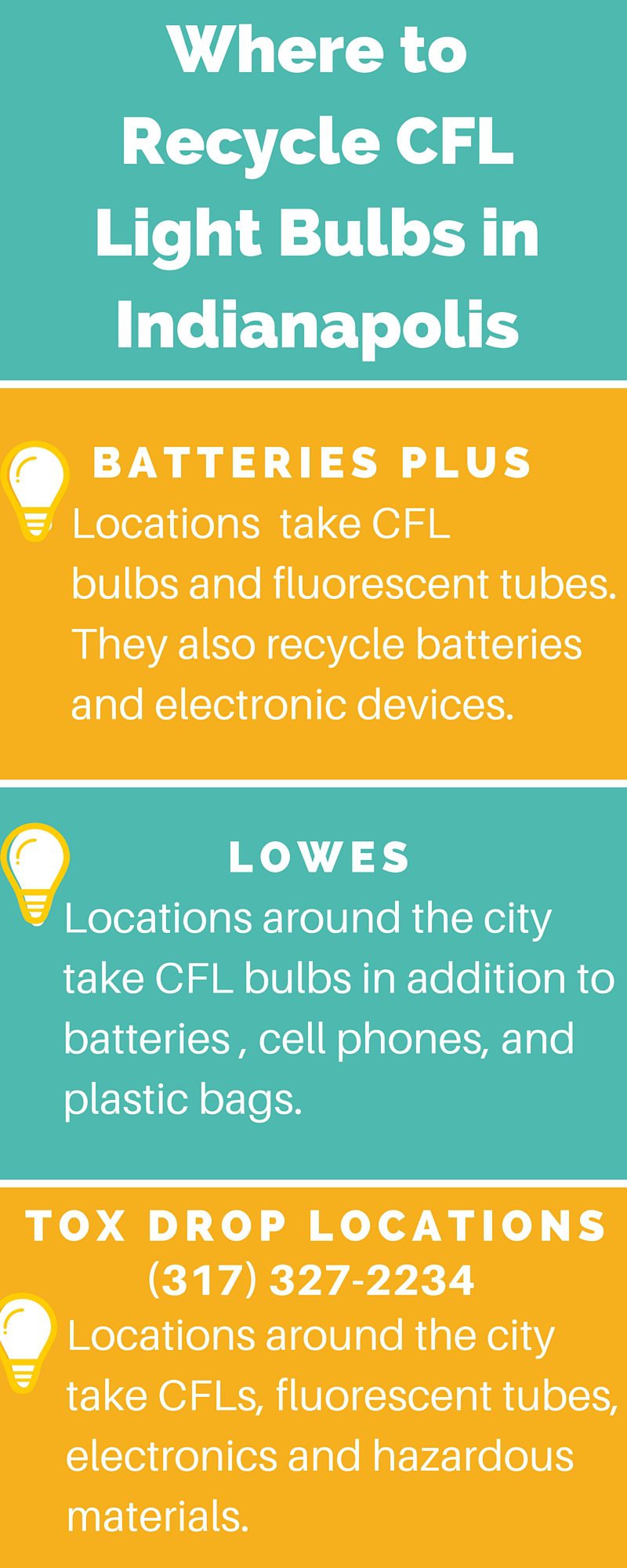The Future Of Waste Collection: Innovative Technologies And Practices On The Horizon
The Future Of Waste Collection: Innovative Technologies And Practices On The Horizon
Blog Article
Published By-Weiner Proctor
As you ponder the future of rubbish collection, picture a landscape where wise sorting systems, autonomous waste vehicles, and waste-to-energy innovations converge to improve the means we handle waste. These ingenious innovations promise performance, sustainability, and a minimized environmental impact. Stay tuned as we check out how these sophisticated solutions are poised to transform the rubbish collection industry in the near future.
Smart Sorting Systems
Executing wise sorting systems changes rubbish collection by streamlining the process and boosting effectiveness. https://warehouse-cleaners-near-m97532.dbblog.net/2683439/construct-a-lasting-relationship-with-your-waste-disposal-service-provider-by-discovering-the-art-of-clear-and-succinct-interaction-opening-the-trick-to-problem-free-trash-removal-and-a-more-efficient-waste-monitoring-system use sophisticated modern technology to automatically sort recyclables from general waste, lowering contamination degrees and increasing the quantity of product that can be recycled. By including sensing units and expert system, wise sorting systems can recognize different types of materials, such as plastics, glass, and paper, with impressive accuracy.
With the capacity to separate materials at the source, clever sorting systems make reusing easier for individuals and services alike. By improving the high quality of recyclables gathered, these systems contribute to a more sustainable waste administration process.
In how to dispose of green waste , the information gathered from these systems can help districts track recycling prices, determine trends, and optimize collection paths.
Autonomous Waste Trucks
Revolutionizing waste collection, Autonomous Trash Trucks are transforming the game with their cutting-edge innovation. These self-driving lorries browse communities successfully, reducing human mistake and optimizing trash paths. Geared up with sophisticated sensing units and AI systems, they can find challenges, pedestrians, and various other vehicles, ensuring secure operations.
Self-governing Trash Trucks provide countless advantages. They help reduce traffic jam and exhausts by adhering to one of the most efficient paths. Additionally, these cars run quietly, minimizing sound pollution in houses throughout early morning collections. With the capacity to function around the clock, they boost the efficiency of waste monitoring solutions.
One essential advantage of Autonomous Garbage Trucks is their prospective to boost worker safety. By automating the collection process, these vehicles lower the dangers associated with hands-on trash, such as injuries from hefty training or crashes on active streets.
As modern technology remains to advance, these cutting-edge lorries are poised to transform the waste monitoring industry, making garbage collection much safer, a lot more efficient, and environmentally friendly.
Waste-to-Energy Technologies
With waste generation increasing, locating sustainable solutions is ending up being significantly vital. Waste-to-Energy (WtE) technologies supply an appealing method to managing our waste while producing power. These modern technologies include transforming non-recyclable waste materials into usable kinds of energy like power, warmth, or gas.
By drawing away waste from garbage dumps and blazing it in regulated settings, WtE not just decreases the volume of waste but likewise produces useful energy sources.
One usual method of WtE is mass-burn incineration, where waste is melted at high temperatures to produce steam that drives wind turbines creating power. Another technique is gasification, which transforms waste into artificial gas that can be made use of for power generation or as a chemical feedstock.
Furthermore, anaerobic digestion breaks down organic waste to produce biogas for energy.
Implementing WtE modern technologies can help in reducing greenhouse gas exhausts, reduce dependence on nonrenewable fuel sources, and lessen the environmental effect of waste disposal. As we pursue a much more sustainable future, embracing Waste-to-Energy technologies can play an important function in resolving our expanding waste administration challenges.
Verdict
In conclusion, the future of rubbish collection is bright with innovative innovations like wise sorting systems, independent garbage vehicles, and waste-to-energy modern technologies blazing a trail towards much more reliable and eco-friendly methods. These improvements promise to revolutionize the waste monitoring process, reduce contamination degrees, boost recycling rates, and contribute to a much more lasting future. Prepare yourself for a cleaner, greener, and smarter way of dealing with rubbish in the years to come.
